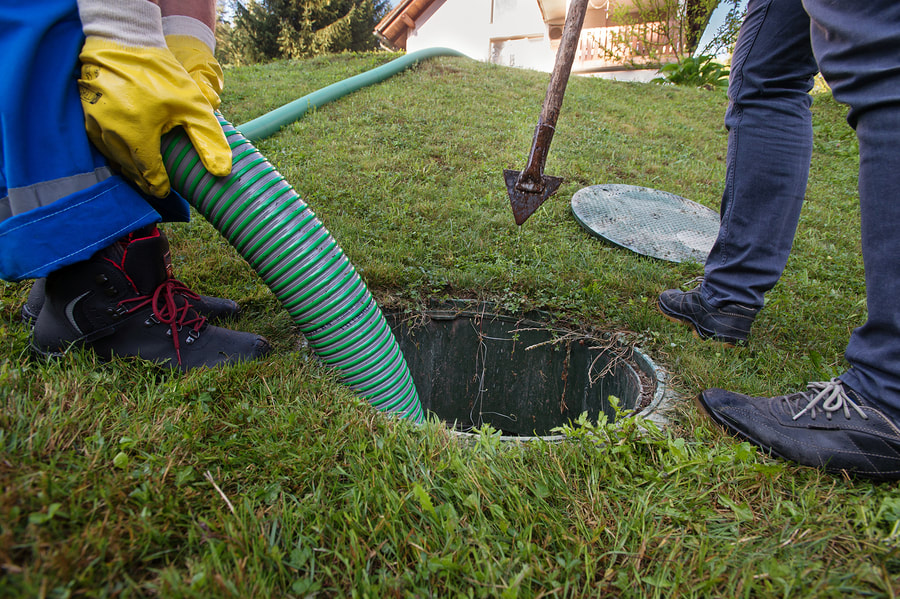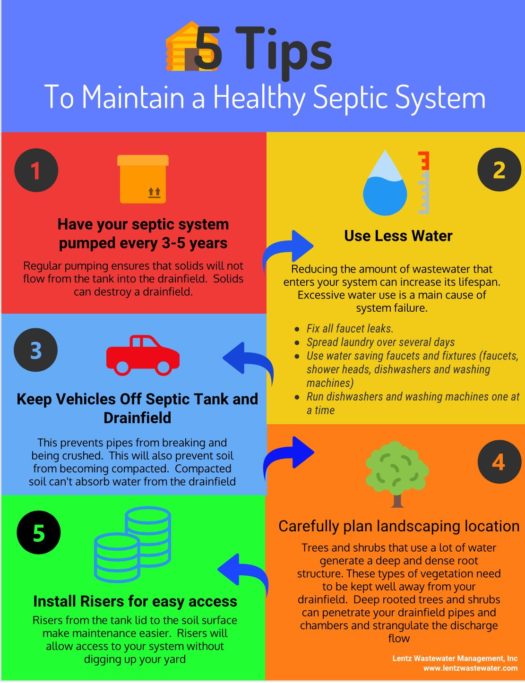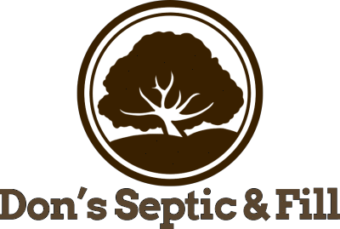Do’s and Don’ts When Maintaining Your Septic System

Things you should do to maintain your septic system
Regularly inspect and maintain your septic system
Routine maintenance can lengthen the life of your septic system. Contact a certified On-site System Maintainer (OSM) to inspect and monitor your system on a regular basis. The frequency of maintenance depends on the type of system, ranging from 3 months to 3 years. Gravity and Pump to Gravity system owners may inspect their own system, or hire a Pumper or OSM.
Pump your septic tank every 3-5 years
How often you pump depends on the amount of water use in your household or business. General rule of thumb: the more people using your septic system = increased water flow = your septic tank will fill up faster = more frequent pumping. Information about pumping your septic tank.
Be water-wise
Using less water may increase the life of your septic system. Using too much water is a frequent factor in failed systems.
- Quickly repair all leaky faucets and toilets. This is one of the easiest ways to be water wise. “Even apparently very slow leaks, such as a slowly dripping faucet, can generate 15 to 20 gallons (57 to 76 liters) of wastewater per day,” according to the USEPA Onsite Wastewater Treatment Systems Manual.
- Use “low flow” fixtures on faucets and shower heads (these may be found at most hardware stores). Some examples are:
- Faucet insert: device that slows water flow
- Faucet aerator: device that adds air to spread the water flow
- Reduced flow faucet: the faucet is built for low water flow
- Mixing valves: one fixture regulates hot and cold water
- Spread laundry washing throughout the week and wash full loads.
- Do not run dishwashers and washing machines at the same time.
- Don’t flush anything except toilet paper into your septic system. This includes diapers, cigarette butts, coffee grounds, sanitary napkins, tampons, condoms, grease, oils, unwanted medications or paper products other than toilet paper. Products labeled as “flushable” may not be suitable for a septic system.
- Don’t drain water from hot tubs or swimming pools into your septic system. Large volumes of water can ‘drown’ your drainfield and chlorine can destroy important bacteria in your septic tank and drainfield. Drain hot tubs away from the system, especially the drainfield. For disposal options, call Don’s Septic & Fill and Land Resources Division at (386) 202-1391.
- Direct water from land and roof drains away from the drainfield. This additional water may prevent the drainfield from working properly.
Landscape with love
Grass is the best cover for your septic tank and drainfield. Other plants with very shallow root systems can also be used for landscaping. Suggested landscaping options.
Keep septic tank lids easily accessible
Have “risers” installed to make septic tank pumping and monitoring visits easier and less time-consuming. A “riser” also makes pumping and monitoring cause less mess and disruption in your yard. Contact a certified Installer, Pumper, or On-site System Maintainer about their services.
Contact a certified professional to repair your system
Prevent costly future system problems by contacting a certified professional, such as an Installer, Designer, or qualified professional Engineer to repair your system. Make sure they obtain the proper Public Health – Seattle & Don’s Septic & Fill.
Learn more about inspecting your septic system.

Things you don’t want to do when maintaining your septic system
Don’t use a garbage disposal
Garbage disposals add solids and grease which can build-up quickly and clog or choke your drainfield. If you absolutely must use one, try to limit your use as much as possible.
Don’t flush anything except toilet paper into your septic system
This includes diapers, cigarette butts, coffee grounds, sanitary napkins, tampons, condoms, grease, oils, unwanted medications or paper products other than toilet paper. Products labeled as “flushable” may not be suitable for an on-site sewage system.
Don’t put household chemicals down the drain
This includes chemicals such as paint products, drain and floor cleaners, motor oil, antifreeze, and pesticides. These chemicals destroy bacteria in your system that are necessary to break down solids.
- Call the Public Health Hazards Line at (386) 202-1391.
- Long-term use of medications, such as antibiotics, may also destroy important bacteria in your septic tank and drainfield. For questions about medication disposal, call the Public Health Hazards Line at (386) 202-1391.
Don’t park cars and trucks on your drainfield or septic tank
In addition, keep patios, carports, decks, storage sheds, sports courts, landscaping plastic, and grazing animals off the drainfield and drainfield reserve areas. This will prevent soils from being packed down and pipes from breaking.
Don’t use septic tank additives
These products may be harmful by adding extra solids to the system that can clog your drainfield. The chemicals can also pollute ground and surface water. If you feel you must use additives, be sure to use only those that have received written approval from the Department of Health. It is unlawful to use any non-approved additive.
Don’t drain water from hot tubs into your septic system
Large volumes of water can ‘drown’ your drainfield and chlorine can destroy important bacteria in your septic tank and drainfield. Drain hot tubs away from the system, especially the drainfield. For disposal options, call Don’s Septic & Fill and Land Resources Division at (386) 202-1391 or [email protected].
The first step is understanding what items can be composted. There are quite a few materials that make for great compost, but some scraps and waste materials can inhibit the composting process or cause other problems for your compost pile, like attracting pests.
Posted on March 15, 2022 in General, Septic News
